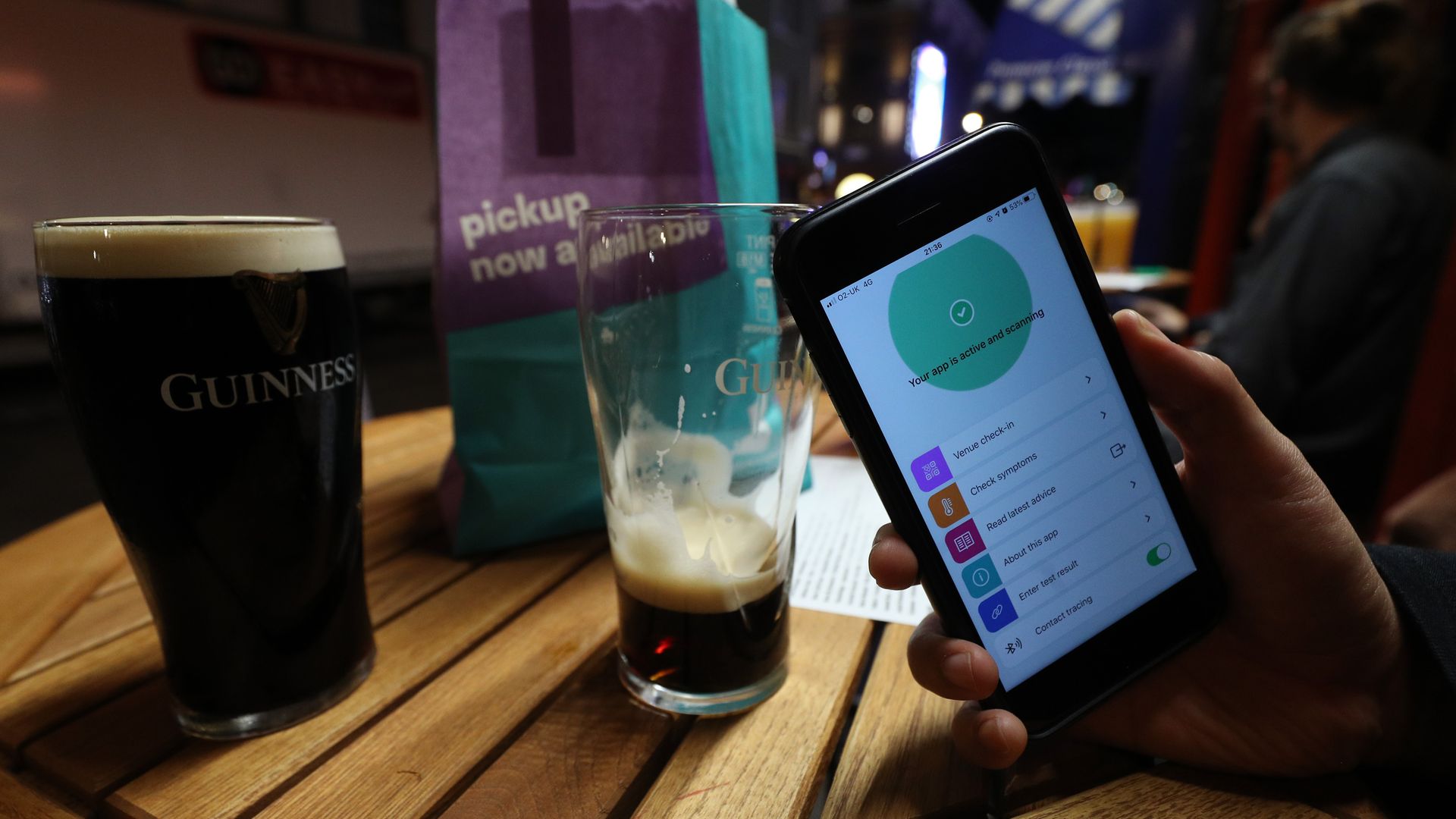
A software glitch inside the government’s coronavirus app has led to thousands of people not being told to self-isolate when they should have been.
They were apparently not contacted because the app has been set to the wrong sensitivity, the government has admitted to the Sunday Times.
For more than a month, officials from the Department of Health and Social Care failed to fix the glitch even though they had new software at hand to mend it.
As a result, users whose “risk score” should have triggered an alert were not contacted leading to what one government source told the paper was a “shockingly low” number of people being sent warnings since the app was released on September 24.
Users of Android devices were understood to be the worst hit.
According to the Sunday Times, more than half of UK phone users use an Android operating system and that they tend to be disproportionally used by the “less well-off”, who are reportedly most at risk from the virus.
It took officials five weeks to fix the problem, leading to an update of the system just last Thursday.
Last week, developers admitted the error in a blog post. They explained software engineers had created more effective technology ahead of the app’s launch which meant it could have been updated before it was rolled out nationally.
Randeep Sidhu and Gaby Appleton, leading figures behind the app, wrote that the “risk threshold” had been due to be lowered but that “this change did not take place” at the right time.
Although 19 million people use the app, officials have refused to say how many have been told to isolate through it.
Matt Hancock, the health secretary, has previously hailed the app as “an important step forward in our fight against this invisible killer”.
The app has been plagued with issues since it launched in late September. In early October, it had only sent one alert about an outbreak in venues since it started a fortnight earlier.
It also needed a fix two days after launch after it emerged that 61,000 NHS tests could not be linked to it.
Just last month, the app was updated to stop users from receiving “phantom” alerts telling them they had had “possible Covid-19 exposure” without any follow-up.
A health department spokesperson said: “The NHS Covid-19 app is the only app in the world using the latest Google/Apple technology to better gauge distance to identify those most at risk and is deemed ‘excellent’ by international standards.”









